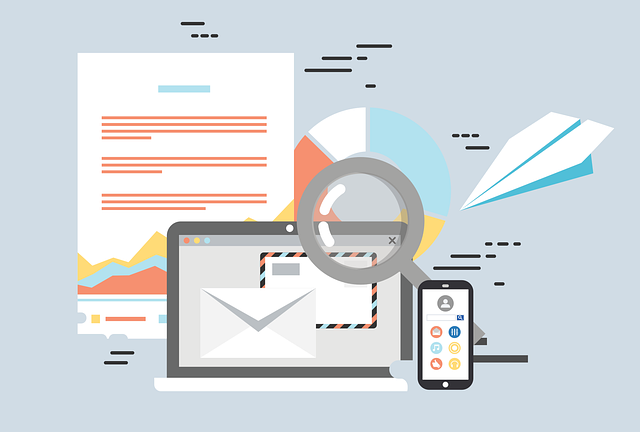AI systems for scheduling in car repair shops promise significant operational improvements by leveraging historical data to predict appointment slots, generate schedules based on technician availability, and anticipate demand fluctuations. These systems enhance customer experience through real-time updates, reduced wait times, and personalized service recommendations. Implementing AI requires a needs assessment, selection of specialized tools offering automated booking and real-time updates, and gradual introduction for a smooth transition. Ethical data management and privacy considerations are crucial for successful integration.
“Revolutionize your vehicle repair shop with AI! Discover how artificial intelligence is transforming car repair scheduling, enhancing efficiency, and boosting customer satisfaction. This comprehensive guide provides an in-depth look at implementing AI systems tailored for your business. From understanding the technology’s potential to exploring step-by-step integration and best practices, you’ll unlock strategies to optimize operations. Leverage AI systems for scheduling to streamline workflows, reduce wait times, and stay ahead in the competitive repair market.”
- Understanding the Potential of AI for Car Repair Scheduling
- Implementing AI Systems: A Step-by-Step Guide for Shop Owners
- Benefits and Best Practices to Optimize Your Repair Business with AI
Understanding the Potential of AI for Car Repair Scheduling

AI systems have immense potential to revolutionize car repair scheduling, offering efficiency and accuracy that traditional methods struggle to match. By implementing AI for scheduling in car repair businesses, owners can streamline their operations significantly. These intelligent systems can analyze historical data to predict appointment slots, automatically generate schedules based on technician availability, and even anticipate customer demand fluctuations, ensuring optimal resource utilization.
Moreover, AI-driven scheduling can enhance customer experience by providing real-time updates, reducing wait times, and enabling more transparent communication. With the ability to learn from past interactions, these systems can offer personalized recommendations for services, further elevating the level of service a repair shop provides.
Implementing AI Systems: A Step-by-Step Guide for Shop Owners

Implementing AI Systems: A Step-by-Step Guide for Shop Owners
1. Assess Your Needs: Begin by understanding your car repair shop’s specific requirements. Identify areas where AI could streamline operations, such as scheduling appointments, managing inventory, or predicting maintenance needs. This step ensures that the AI tools you adopt are tailored to your unique business challenges.
2. Choose the Right AI Tools: Explore various AI systems designed for car repair businesses, focusing on scheduling and appointment management. Look for features like automated booking, real-time updates, and customer communication integrations. Consider platforms that offer scalable solutions, allowing your shop to grow without compromising efficiency. Implement these tools gradually, starting with the most impactful areas to avoid disruptions.
Benefits and Best Practices to Optimize Your Repair Business with AI

Implementing AI growth tools can significantly optimize vehicle repair shop operations, offering numerous advantages. These intelligent systems streamline scheduling, enabling efficient resource allocation and reduced wait times for customers. By analyzing historical data, AI algorithms can predict parts requirements, facilitating better inventory management and cost savings. Moreover, AI-driven diagnostic tools enhance service accuracy, allowing technicians to identify issues more swiftly.
Best practices suggest integrating AI systems with existing workflows seamlessly. This involves training staff to utilize the technology effectively, ensuring they understand its capabilities and limitations. Regular data updates are crucial for accurate predictions, so maintaining clean and up-to-date records is essential. Additionally, ethical considerations should guide AI implementation, prioritizing customer privacy and transparency in data usage.
AI growth tools offer vehicle repair shop owners a competitive edge by streamlining operations, from efficient scheduling using AI systems for scheduling in car repair businesses to data-driven decision-making. By implementing these technologies and adopting best practices, shop owners can optimize their processes, enhance customer satisfaction, and ultimately, drive business success in today’s digital era.
